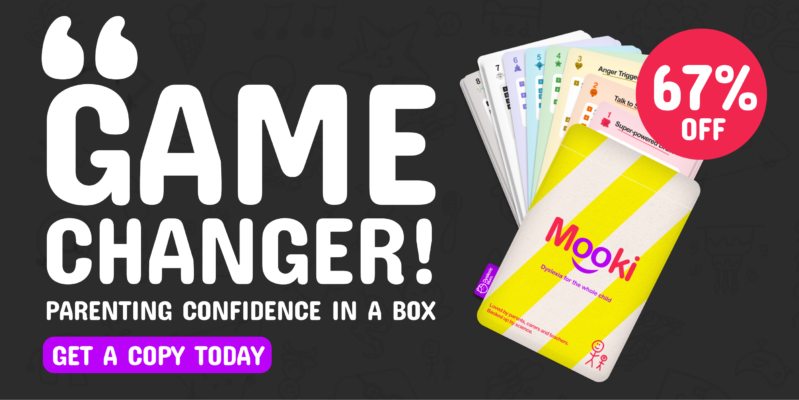Your basket is currently empty!
Encourage a dyslexic child to think positively to improve their mental health. Dyslexic children often struggle with learning and may fall behind in class. They can face bullying from peers and feel misunderstood. This can lead to low self-esteem and negative self-beliefs. Making friends might be difficult for them. All these challenges can contribute to anxiety and depression.
Talking therapies can help improve mental health. Encourage the child to share their experiences and feelings in a caring environment. Negative feelings can be challenged this way, allowing for more positive views and solutions. This approach helps the child think more positively and boosts their mental health.
Stinking Thinking Card
Use the ‘Stinking Thinking’ card below to start discussions about feelings. This activity comes from Mooki Cards and is based on research from “Cognitive Behaviour Therapy NHS.”
Start talking improve mental health
Get help and advice from the Dyslexic Mum below. She shares how dyslexia affects mental health, plus her top tips for using the ‘Stinking Thinking’ card above.
“Growing up with dyslexia in the 1980s, I always felt different. Children in my class bullied me, I was always in trouble with teachers, and I grew up believing I was the problem. It was only when I had my little girl and she started showing signs of dyslexia that I began to understand. Sadly, being dyslexic had affected everything for me, impacting my self-confidence, mental health, and ability to make friends. Even now, when I meet new people or start new jobs, I don’t expect to be liked and feel I have to prove myself.
It is heartbreaking that a child could grow up feeling the way I did, and my fear is that my little girl will feel the same. I kept all my feelings to myself as a child; in those days, mental health was never talked about. I know now that talking about what I was feeling would have helped. If I had someone to challenge my negative thoughts and show me that my dyslexia was not a problem, that I could still do things, I just needed to be taught in a different way, it would have made a huge difference.”
When using the ‘Stinking Thinking’ card to help a dyslexic child express their feelings. Follow these top tips:
- Know the signs – If a child is very hyper, unfocused, or misbehaving, it may signal anxiety. They might also be withdrawn, tearful, or speak negatively about themselves. These are signs of depression. Changes in sleep or eating patterns can also indicate mental struggles.
- Be patient – The child may not want to discuss their feelings. They might feel ashamed about their struggles. Be patient and let them know you support them. Simple gestures like smiles, cuddles, and spending extra time together can help.
- Start talking – Share your own stories from childhood to begin a conversation. If the child finds it hard to speak, try texting them. Be calm and compassionate. Listen carefully and show that you care and want to help.
Learn more about helping children with mental health, “NSPCC Children’s Mental Health”.
Designed to help dyslexic children Mooki Cards. Complete with 56 cards and storage wallet. Perfect for using at home or in the classroom. Order your Mooki Cards here!

